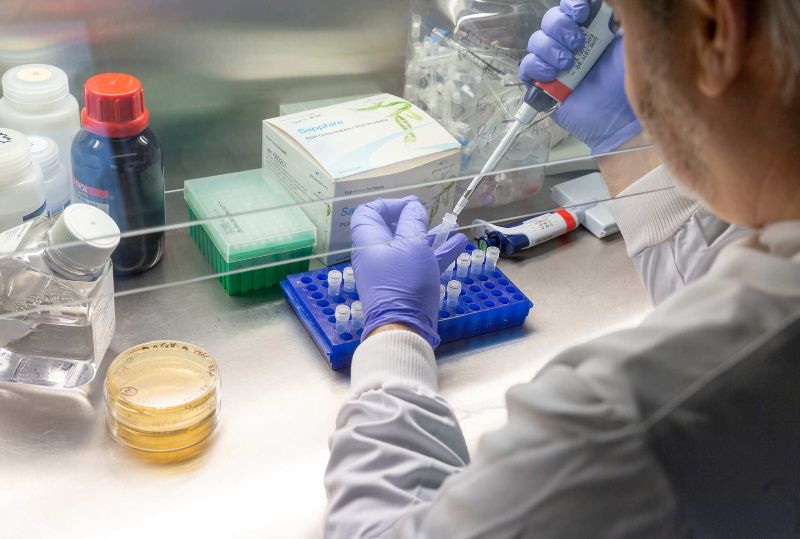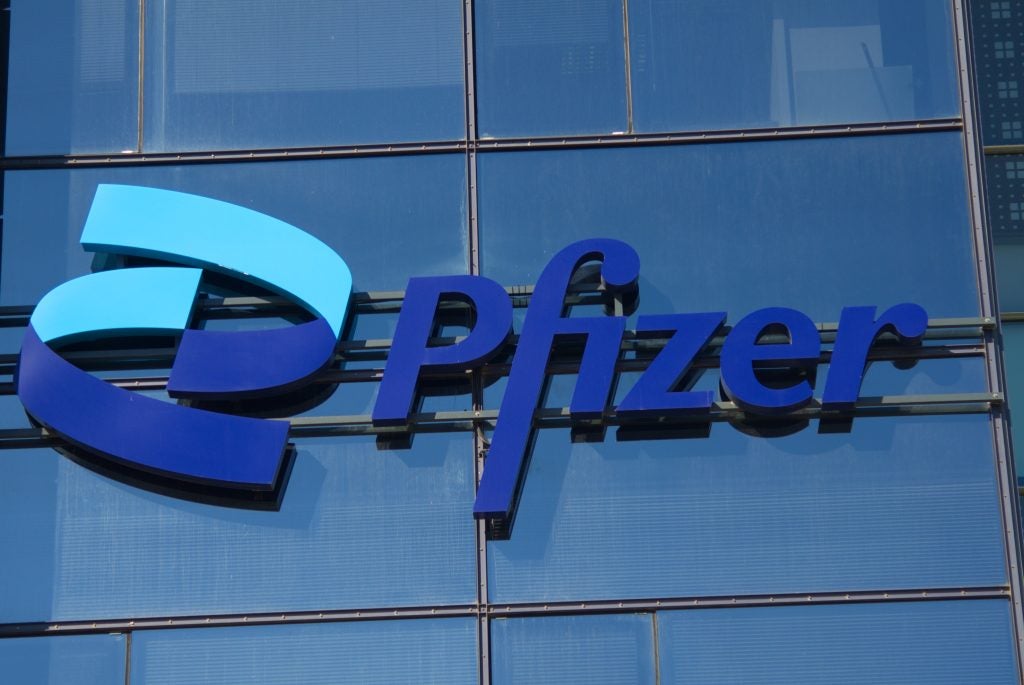
Imperial College London has secured £22.5m from the UK Government to accelerate the development of a potential Covid-19 vaccine.
Since February, researchers at Imperial have been studying a self-amplifying RNA vaccine candidate in animals.
Upon administration, the vaccine will deliver genetic instructions to muscle cells generating the ‘spike’ protein found on the coronavirus’ surface. This mechanism is expected to trigger an immune response and create immunity against Covid-19.
Early findings from animals studies showed that the vaccine led to the generation of neutralising antibodies against SARS-CoV-2, the novel coronavirus that causes Covid-19.
The Imperial team is currently developing the vaccine further, with plans for human clinical trials.
How well do you really know your competitors?
Access the most comprehensive Company Profiles on the market, powered by GlobalData. Save hours of research. Gain competitive edge.

Thank you!
Your download email will arrive shortly
Not ready to buy yet? Download a free sample
We are confident about the unique quality of our Company Profiles. However, we want you to make the most beneficial decision for your business, so we offer a free sample that you can download by submitting the below form
By GlobalDataThe government funding will be used to support Phase II trials and to make preparations for a large Phase III trial.
Meanwhile, researchers are looking for additional philanthropic support for parallel international trials to expedite development and allow global availability, including in low and middle-income countries.
Imperial College London Department of Infectious Disease professor Robin Shattock said: “This investment will help us accelerate our clinical programme, moving from starting human safety trials in June through to testing whether the vaccine can prevent infection in the wider community.
“We are working as fast as we can to determine the vaccine’s efficacy and to get to a position where millions or billions of the vaccine can be manufactured rapidly.”
In addition, Imperial has also joined a trial led by the University of Oxford, which is developing the ChAdOx1 nCoV-19 vaccine candidate against the novel coronavirus.
The university also secured £20m in funding from the UK Government to support the vaccine trial that will be performed over six months at multiple centres across the country.
Imperial College NHS Trust is currently enrolling healthy participants for the study.








